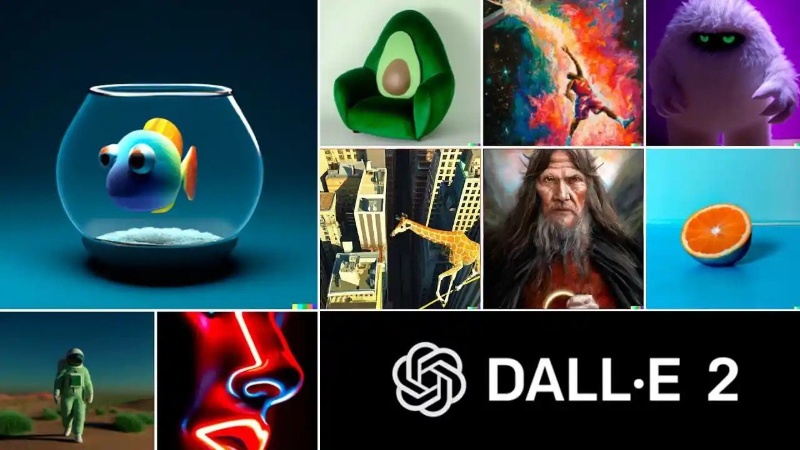- The bases of generative artificial intelligence, AI (historical, theoretical, conceptual and practical).
- Common applications of generative AI (including trends).
- Application programming interfaces for generative AI.
- Creativity and generative AI (views on creativity, art and artistic work and related applications of generative AI).
- Generative production in media, generative design and art.
- Education and generative AI (challenges, possibilities and risks).
- Ethical perspectives on use of generative AI (for example values, independence and ownership).
- Gender equality, diversity and equally conditions perspectives and problems for generative AI (for example gender partiality).
- The future for generative AI (the development we can expect).
DM2586 Generative AI for Media Technology and Interaction Design 7.5 credits

Learn to use AI to create text, pictures, music and video. Deep dive into generative AI with this online course. You will learn the basis of generative AI and be aware of its limitations. You will also be able to create content and analyse AI’s role in sustainability and diversity.
Information per course offering
Choose semester and course offering to see current information and more about the course, such as course syllabus, study period, and application information.
Course syllabus as PDF
Please note: all information from the Course syllabus is available on this page in an accessible format.
Course syllabus DM2586 (Spring 2024–)Content and learning outcomes
Course contents
Intended learning outcomes
After passing the course, the student should be able to
- describe the fundamental theoretical and conceptual bases of generative AI
- describe how generative AI has been developed historically
- describe the application space for generative AI
- analyse and describe possibilities and limitations to create texts and other content with generative AI
- use generative AI to create content as texts, images, number, music and video
- use application programming interfaces for generative AI
- analyse the possibilities about how generative AI should be able to support creativity
- analyse ethical challenges and risks with generative AI as for instance ownership and independence related to digital content that partly or completely has been generated with AI
- analyse and discuss possibilities with generative AI in relation to sustainability
- assess and discuss questions around equal opportunities, diversity and equal conditions related to generative AI
in order to be able to use generative AI for media technology and human computer interaction from human, ethical and sustainable perspectives.
Literature and preparations
Specific prerequisites
- Knowledge and skills in programming, 6 credits, equivalent to completed course DD100N/DD1310/DD1318.
- Knowledge in probability theory and statistics, 6 credits, equivalent to completed course SF1919.
- Knowledge in algebra and geometry, 7.5 credits, equivalent to completed course SF1624.
- Knowledge in machine learning or artificial intelligence, 6 credits, equivalent to completed course DM1590, DD1420/DD2421 or DD2380.
- The upper secondary course English B/6.
Literature
Examination and completion
Grading scale
Examination
- LIT1 - Literature assignment, 2.5 credits, grading scale: P, F
- PRO1 - Project work, 5.0 credits, grading scale: P, F
Based on recommendation from KTH’s coordinator for disabilities, the examiner will decide how to adapt an examination for students with documented disability.
The examiner may apply another examination format when re-examining individual students.
If the course is discontinued, students may request to be examined during the following two academic years.
Examiner
Ethical approach
- All members of a group are responsible for the group's work.
- In any assessment, every student shall honestly disclose any help received and sources used.
- In an oral assessment, every student shall be able to present and answer questions about the entire assignment and solution.